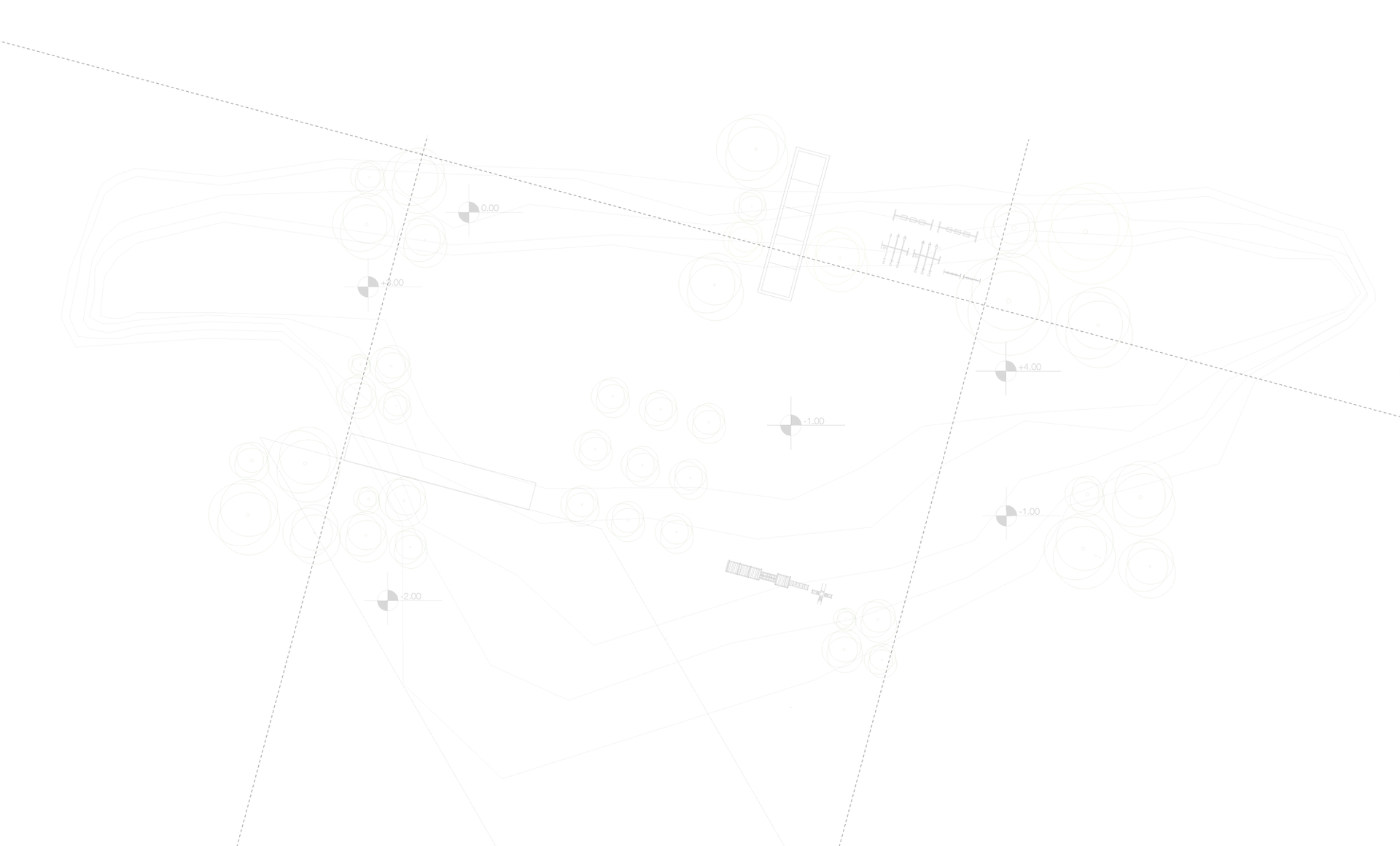
About Erasmus+
EU programme for education,
training, youth and sport
The Erasmus+ programme is a European Union (EU) funding programme the fields of Education, Training, Youth and Sport which runs from 2014 – 2020. The Erasmus+ programme provides grants for a wide range of activities. The programme gives opportunities to students, trainees, staff and volunteers to spend a period abroad to increase their skills and employability and it supports organisations to work in transnational partnerships and to share innovative practices in the fields of education, training and youth.
The Erasmus+ Programme comprises three different Key Actions (KA):
-
KA1: Learning Mobility of Individuals,
-
KA2: Cooperation for Innovation and Exchange Good Practices, and
-
KA3: Support to Policy Reforms.

Strategic Partnerships, KA2
Strategic Partnerships within the Key Action 2 aims to support the development, transfer and/or implementation of innovative practices as well as the implementation of joint initiatives promoting cooperation, peer learning and exchanges of experience at European level. Organisations can apply for funding to work in partnership with organisations from other participating countries.
Strategic Partnerships are open to any type of organisation active in any field of education, training and youth or other socio-economic sectors as well as to organisations carrying out activities that are transversal to different fields (e.g. local and regional authorities, recognition and validation centers, chambers of commerce, trade organisations, guidance centers, cultural organisations).
“Who can participate in the Erasmus+ Programme?” – see: Erasmus+ Programme Guide, page 21
More information
You can find more information on The European Commission's website for Erasmus+ or contact your National Agency.
Information of the programme rules and priorities as well as details on funding can be found in the Erasmus+ Programme Guide. Most relevant sections of the Guide to start with:
-
General information about the Erasmus+ programme, pages 5-15
-
Key Action 2: Strategic Partnerships, pages 101-124, with a special focus on page 114 (School Exchange Partnerhips)
Strategic Partnerships for School Education
(including Early Childhood Education and Care)
Project types available for School Education are:
KA229: School Exchange Partnerships (projects supporting exchange of good practices)
The primary goal is to allow organisations to develop and reinforce networks, increase their capacity to operate at transnational level, share and confront ideas, practices and methods. The projects can use mobility opportunities for staff (and pupils, if relevant) to help the participating schools develop as organisations and increase their ability to work in international projects. For more information on the School Exchange Partnerships, please see Erasmus+ Programme Guide page 114.
2 - 6 schools from at least two different Programme Countries
Duration 12 - 24 months
Funds available for: project management and implementation; mobility activities of staff (and pupils); special needs support; exceptional costs for expensive travel (funding maximum 16 500 EUR / year / school)
KA201: Strategic Partnerships for School Education (projects supporting innovation)
Projects are expected to develop innovative outputs, and/or engage into intensive dissemination and exploitation activities of existing and newly produced products or innovative ideas.
Minimum of 3 organisations from three different Programme Countries
Duration 12 - 36 months
Funds available for: project management and implementation; mobility activities of staff and pupils; transnational project meetings; linguistic support; special needs support; intellectual outputs; multiplier events; exceptional costs for expensive travel or subcontracting or purchase of goods and services (total funding up to 450 000 EUR for projects with duration of 36 months)
Full description of the two project types and funding: Erasmus+ Programme Guide pages 101-124
Mobility activities within the KA2 projects include for example:
-
Short-term joint staff training events (3 days to 2 months)
-
Long-term teaching or training assignments (2 to 12 months)
-
Pupil mobilities (from 3 days to 12 months)
For more information on mobility activities: Erasmus+ Programme Guide, pages 110 and 114
To be funded, Strategic Partnerships must address either:
-
at least one horizontal priority or
-
at least one specific priority relevant to the field of education, training and youth that is mostly impacted.
For more information on “Horizontal and Field-specific Priorities”: Erasmus+ Programme Guide, pages 102-104



-
one application round yearly
-
application deadline varies from year to year
-
in 2019 the application deadline was 21 March
-
the 2020 application deadline will be announced during the autumn semester
-
possibility to apply for projects of various sizes:
FROM small projects of exchange of practices between two schools
TO large projects of innovations between ten organisations -
electronic application procedure
-
application is written in cooperation with all partners
-
the coordinating organisation files in the application on behalf of all partners
-
if the project is approved for funding, all partners get funding automatically
Applying for
Erasmus+ KA2
for School Education


